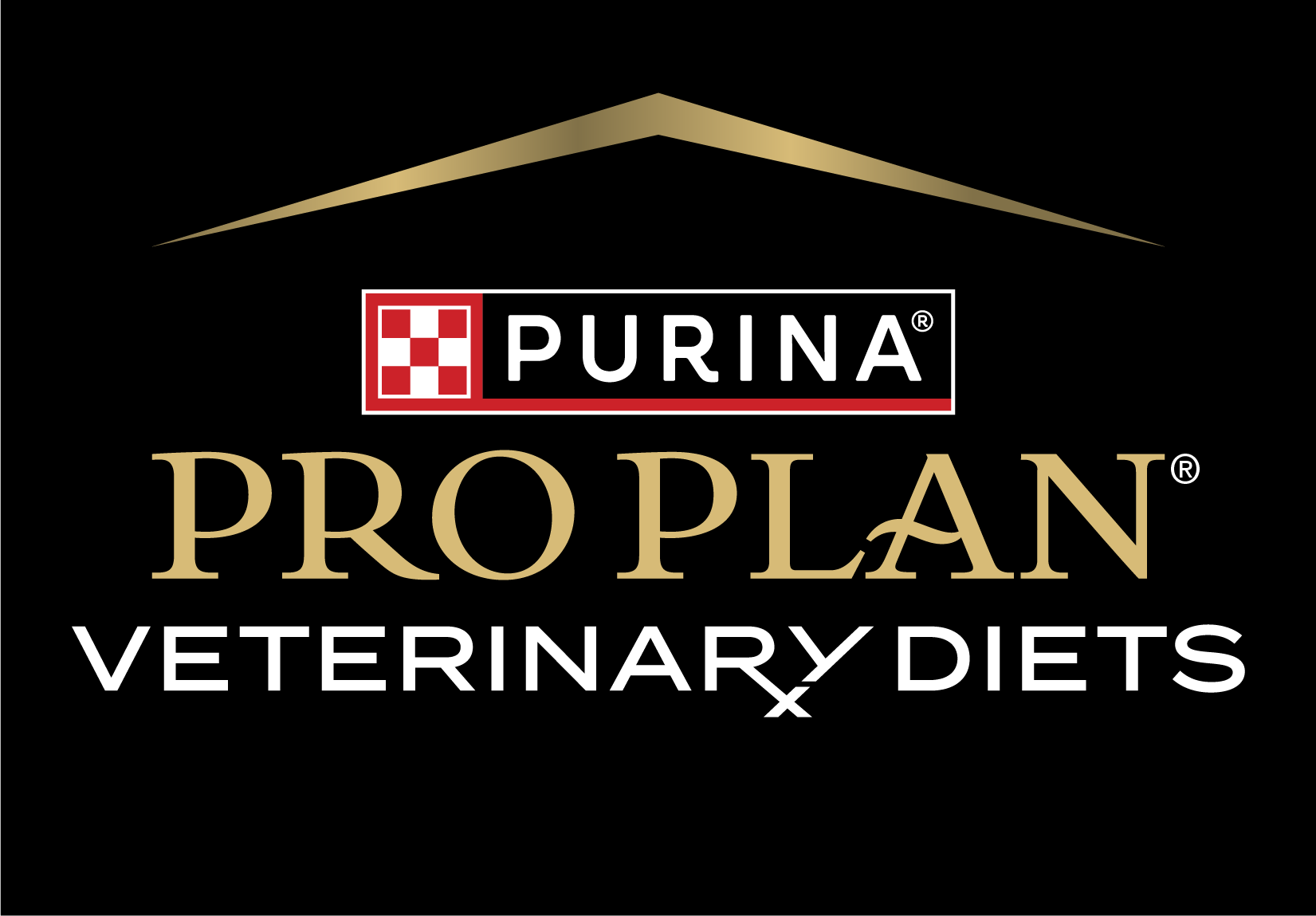
As responsible dog owners, we understand the importance of keeping our furry friends healthy and happy. Supporting dog gut health is essential, as it plays a vital role in their overall well-being, impacting digestion, nutrient absorption, and immune function. Using a dog probiotic, prebiotic or other natural supplements can help maintain a balanced gut microbiome, promoting better digestion and enhancing your dog’s health.
In this guide we’ll discuss a dog's microbiome and its impact on gut health. We will also go over the common causes of gut health problems and provide practical tips on how to support your dog's gut health. So, let's dive right in and learn more about dog gut health!
Understanding a Dog's Microbiome
The gut, or digestive tract, is responsible for digesting and absorbing nutrients from the food dogs consume. The dog's digestive system is designed to break down food into smaller particles for easier absorption. This process begins in the mouth, where enzymes in saliva start breaking down carbohydrates. The food then travels to the stomach, where stomach acid further breaks it down.
Next, the food moves into the small intestine, where the majority of nutrient absorption occurs. The lining of the small intestine contains tiny finger-like projections called villi, which increase the surface area for nutrient absorption. Finally, any undigested food or waste material passes into the large intestine, where water and electrolytes are absorbed, and the remaining waste is formed into faeces. An excess of undigested food arriving to the large intestine can lead to abnormal fermentations, altering the microbiota balance and affecting the gut and immune health.
A compromised gut health for dogs can lead to various issues which is why it’s key to learn how it works so that you can help your dog lead a healthy life.
Studies have shown that probiotics can be a potential support in maintaining and restoring gut health in dogs, particularly when paired with dietary support like prebiotics. However, further research on probiotic selection, standardization, and dosing is essential to optimise their therapeutic use in dog gut health management.
Common Causes of Gut Health Problems
Various factors can cause gut health problems in dogs. Understanding these causes can help you prevent and address any issues that may arise. Here are some common causes of gut health problems in dogs:
Dietary Factors: Poor-quality or inappropriate diets can contribute to a poor gut health for dogs. Dogs with sensitive stomachs may experience digestive issues when fed certain ingredients or when their diet lacks essential nutrients.
Food Allergies: Just like humans, dogs can develop allergies to certain foods. Allergic reactions can cause inflammation in the gut, leading to digestive problems.
Bacterial Imbalance: An imbalance of beneficial and harmful bacteria in the gut can disrupt digestion and cause gastrointestinal issues. This can occur due to factors such as stress, illness, incorrect diet or the use of antibiotics.
Parasites: Parasites like worms can infect a dog's gastrointestinal tract, leading to gut health problems. Regular deworming and preventive measures are important to keep your dog parasite-free.
When it comes to gut health problems, dogs may exhibit various symptoms, here’s some of the most common ones:
- Diarrhoea
- Vomiting
- Loss of Appetite
- Weight Loss
- Abdominal Discomfort
If you notice any of these symptoms in your dog, it's important to consult your veterinarian for a proper diagnosis and treatment plan.
How To Improve Dog Gut Health Naturally
Maintaining your dog's gut health is crucial for their overall well-being. A healthy gut promotes proper digestion, nutrient absorption, and a strong immune system. Here are six ways you can support your dog's gut health:
- Feed a balanced diet
Providing your dog with a well-balanced diet is essential for maintaining a healthy gut. Ensure their meals contain high-quality proteins, essential fats, and a variety of fruits and vegetables.
- Incorporate prebiotics
Prebiotics are fibres that nourish the beneficial bacteria in your dog's gut. Look for dog food that includes ingredients like chicory root, oats, or barley, as they are rich in prebiotics.
- Add probiotics
Probiotics are live bacteria that can help populate your dog's gut with beneficial microorganisms. Consider adding a dog gut health supplement to their diet, such as the PRO PLAN® FortiFlora Probiotic Dog Supplement which can help support your dog’s intestinal health and microflora balance. Learning more about the benefits of a dog probiotic can be a good first step in trying to improve a dog’s gut health.
- Maintain good oral hygiene
Poor oral health can lead to imbalances in your dog's gut bacteria. Regularly brush your dog's teeth and provide dental chews or toys to support their oral hygiene. Annual checks by the veterinarian are also important, especially when your dog becomes older or belongs to specific breeds prone to develop oral health issues.
- Limit stress
Stress can negatively impact your dog's gut health. Create a calm and secure environment for your dog, provide plenty of mental stimulation, and establish a consistent routine.
- Provide plenty of exercise
Regular exercise helps keep your dog's gut moving, promoting healthy digestion and preventing constipation. Aim for daily walks, play sessions, or other forms of physical activity.
When to Seek Veterinary Advice
If you notice any severe symptoms related to your dog's gut health, it is important to seek veterinary advice promptly. Severe symptoms may include persistent vomiting, diarrhoea with blood, abdominal pain, loss of appetite, or sudden weight loss. These signs could indicate a serious condition that requires immediate attention.
Picky appetite might not be such a red flag, but it can also indicate that something is not going well, and it is advisable to consult your vet.
A veterinarian plays a crucial role in diagnosing and treating gut health issues in dogs. They have the expertise and knowledge to perform a thorough examination, conduct necessary tests, and interpret the results. Vets may recommend blood tests, faecal analysis, imaging studies, or endoscopy to determine the underlying cause of your dog's symptoms.
Once a diagnosis is made, a vet can provide tailored treatment options based on your dog's specific needs. This may include prescription medications, dietary modifications, a dog probiotic, or other interventions. Regular check-ups with your vet are essential to monitor your dog's progress and make any necessary adjustments to the treatment plan.
Now that you know what’s needed for a good dog gut health, learn more about dog nutrition in general and about how you can support your dog’s health by feeding them the nutrients and vitamins they need.






